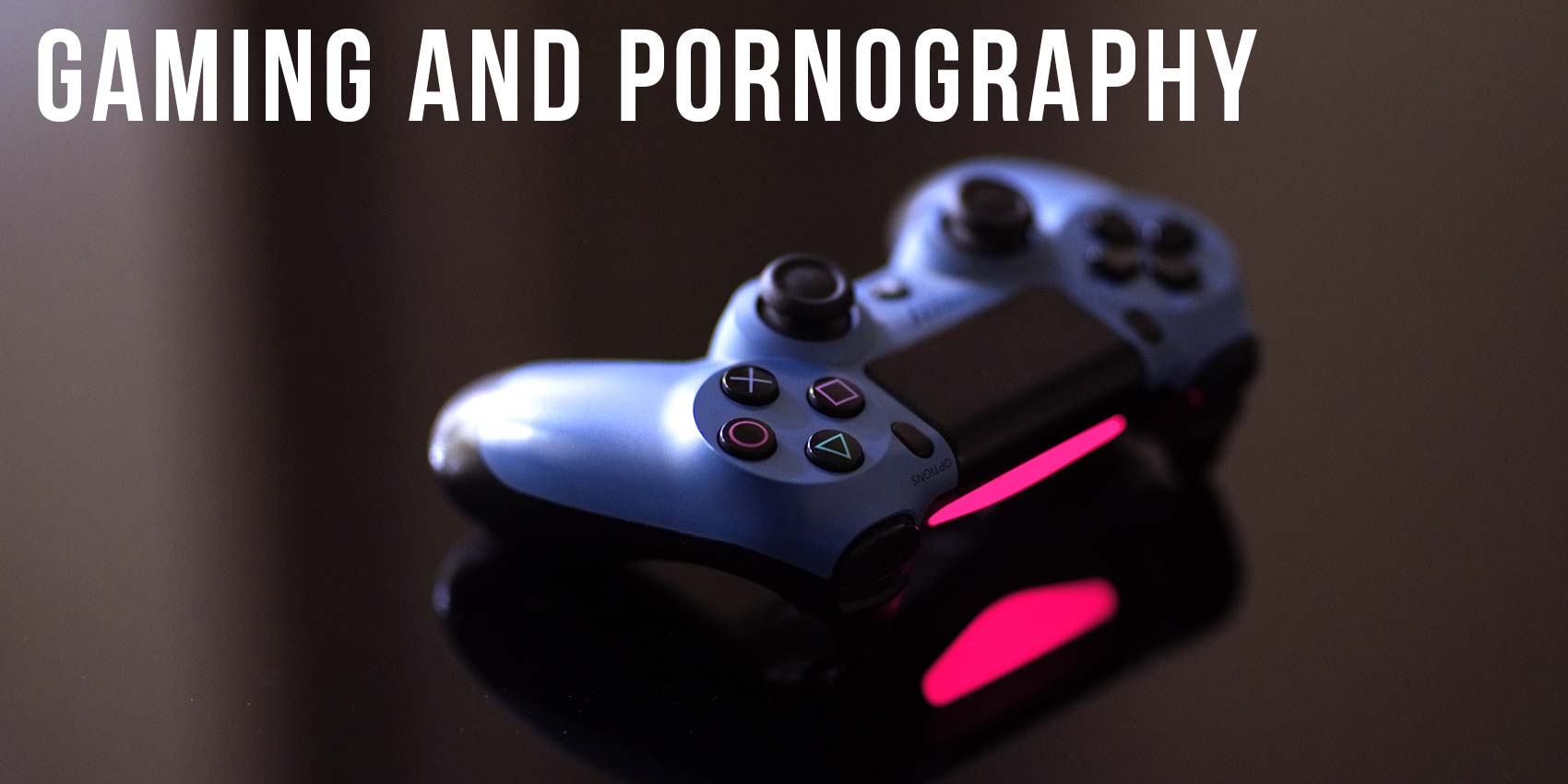22 Mar Gaming & pornography

As noted in a previous sub-post, devices and their apps are designed to capture your attention. This is particularly true of video games—they are designed to capture your attention and keep you involved as long as possible. In fact, brain imaging shows that video games activate the dopamine reward system in your brain. Anything that activates this system is something that can put us at risk for addiction because the dopamine reward system feels good.
And many young teens are addicted to video games. They are having a hard time balancing video game time with real life activities. How do you know if you are addicted? Here are some of the warning signs:
- You spend a lot of time thinking about playing: about how to play, when you will play and how good it feels.
- You have a hard time setting limits for your self. You tell yourself you will just play one game but then find yourself playing 15.
- You’ve lost interest in other activities in your life that you used to like to do.
- Your relationship with gaming is causing problems in other ares of your life, i.e., your grades are slipping or you are fighting with your parents over gaming time.
- You might hide your use or lie about it to other people.
If you feel like the above sentences describe you, you may wish to seek help or at least talk to a trusted adult. The key to all technological use is balance. Just like you don’t want to study 24/7, you don’t want to use technology 24/7.
Choosing carefully about what you use and view is also important. At school you likely have “blocks” that keep you from going to various websites. That’s because some sites have information on them that is better suited for adults to choose if they want to visit them or not. For instance, when you were 4, seeing a scary movie where lots of people die would likely be a horrible experience.
Of course, you are not 4 anymore, but that doesn’t mean that all the information and images on the internet will have a positive impact on your life. A clear example of this is online pornography. Viewing pornography at too young of an age can be damaging to a healthy sexual life. How so? Pornography is not real sex and in many, many cases it doesn’t portray what real sex is like. So for young people just trying to figure out what sex is and what it looks like in real life, pornography sites are creating false expectations and beliefs. In fact, one study found that 83% of college men who watched pornography were more likely to admit that they would commit rape or sexual assault. And, on the flip side, college women reported that they felt less competent given the performances they had viewed and their beliefs about what was then expected from them sexually. These are not beliefs that support a healthy sex life (whenever that part of your life begins). (Source: Gale Dines in The Washington Post as reported in The Week, April 22, 2016 page 19)
To read about what makes a relationship healthy, check out the Healthy relationships post. To read more about how the internet and social media may be contributing to a more sexualized environment, check out the next sub-post.




Post Question:
What do you do to find balance in your life with technology?
Answer the post question here
What's being said